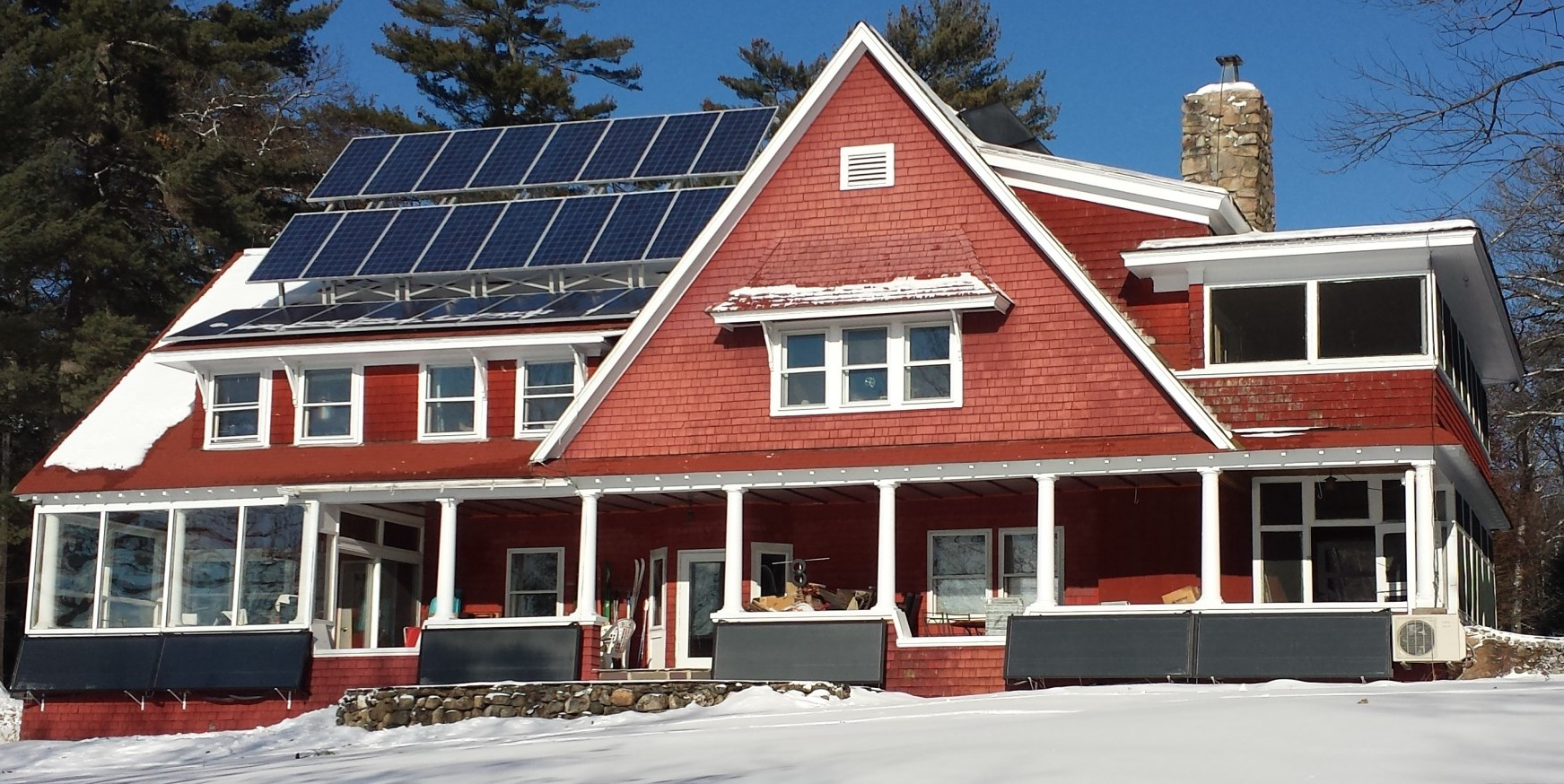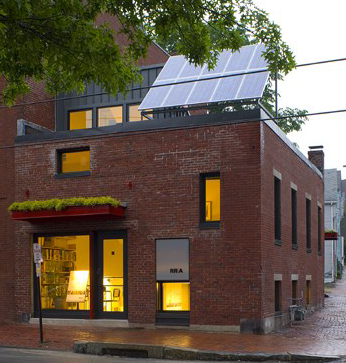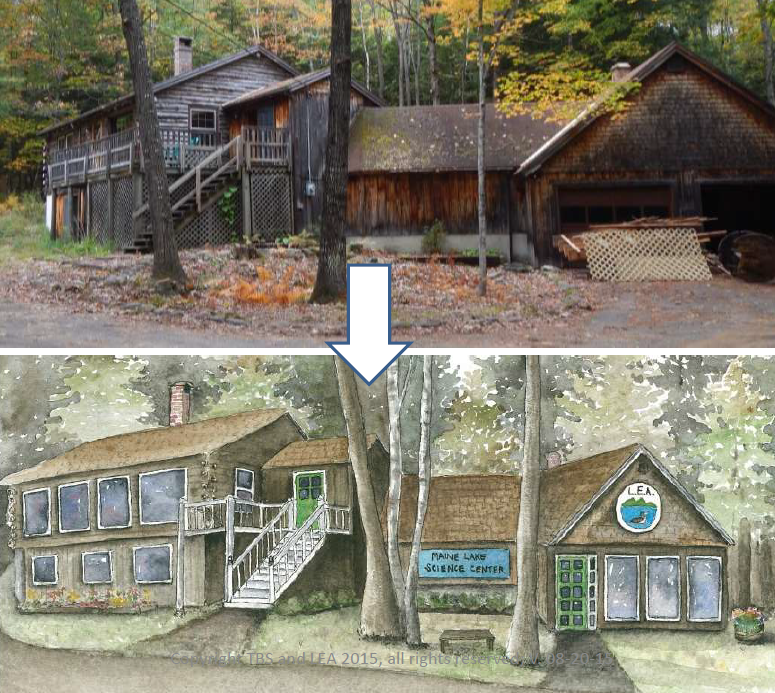Collaborators
Initial Sponsors of the 1000 Home Challenge Pilot Project
Conservation Services Group (CSG) has helped people from across the U.S. find ways to use energy wisely where we live and work by designing and delivering energy efficiency and clean energy programs that are innovative, cost effective and get the job done! At CSG, our expertise is deep and wide-ranging—and backed by years of real-world experience in all energy-related areas. We have unequalled expertise in building sciences, health and safety, marketing, public policy, appliance recycling, energy efficiency programs for residential and commercial buildings, renewable energy development, and much more. We have a broad and deep knowledge of quality analysis, quality control and all areas of implementing these programs and processes.
Energy Federation, Inc. (EFI) has grown to become one of the leading residential distributors of energy efficiency-related products in the United States. Underlying EFI’s mission today is the belief that a key obstacle to increased energy and water efficiency is inadequate awareness of, and access to, good quality resource conservation-related products. It is insufficient to simply recognize the benefits associated with reducing inefficient energy and water consumption – people actually need to be able to find and purchase these types of products. EFI uses multiple approaches to address this issue, through three business groups, a Consumer Division, Wholesale Division, and a Utility Programs Division.
NYSERDA (New York State Energy Research and Development Authority) is a public benefit corporation created in 1975 underArticle 8, Title 9 of the State Public Authorities Lawthrough the reconstitution of the New York State Atomic and Space Development Authority. NYSERDA’s earliest efforts focused solely on research and development with the goal of reducing the State’s petroleum consumption. Today, NYSERDA’s aim is to help New York meet its energy goals: reducing energy consumption, promoting the use of renewable energy sources, and protecting the environment.
National Grid is an international electricity and gas company and one of the largest investor-owned energy companies in the world. Our core business is the delivery of electricity and natural gas. We are committed to serving customers well, delivering energy safely and reliably, and keeping costs low.
Pacific Gas & Electric (PG&E), incorporated in California in 1905, is one of the largest combination natural gas and electric utilities in the United States. Based in San Francisco, the company is a subsidiary of PG&E Corporation. There are approximately 20,000 employees who carry out Pacific Gas and Electric Company’s primary business—the transmission and delivery of energy. The company provides natural gas and electric service to approximately 15 million people throughout a 70,000-square-mile service area in northern and central California.
Saturn Resources Management, Inc. (SRMI) is a privately owned company based in Helena Montana. We have been involved in the energy conservation field for over twenty years, offering technical assistance, producing custom publications, and delivering classroom and online training.
Initial 1000 Home Challenge Collaborators
In addition to the sponsors, over seventy organizations have expressed interest in being involved in the 1000 Home Challenge, including:
Abri Sustainable Design & Consulting
ACEEE
A O Smith
BKi
Boston Green Builders
Brookhaven National Lab
Building Professionals
Building Science Corporation
Camroden Associates
CCHRC
City of Boulder, OEA
CMHC
Columbia Gas of Ohio
Community Solutions
Conservation Connection Consulting
Conservation Technologies
ConSol
Davis Energy Group, Inc.
Delta-T Inc.
Earth Advantage Institute
Ecos Consulting
Energysmiths
Florida Solar Energy Center
GreenHomes America
Heyoka Solutions LLC
HomeEnergy magazine
llinois Renewable Energy Association
Johns Manville
KEMA Services Inc.
Lawrence Berkeley National Laboratory
Livermore Energy Associates
Low Carbon Productions
Minnesota Power
National Affordable Housing Network
National Renewable Energy Laboratory
Northeast Energy Efficiency Partnerships
NW Center for Sustainability & Innovation
Oak Ridge National Laboratory
Passive House Institute US
Performance Systems Development
Recurve
Resource Conservation Group
Synergistic Building Technologies
The Benningfield Group
The Snell Group
VEIC
West Cap
WSU Energy Program
Maine 1000 Home Challenge Initiative (2015-2016)
(Updated 07-23-2016) The 1000 Home Challenge is excited to announce that a new initiative has been launched in Maine.
We look forward to highlighting Maine champions who are committed to demonstrating that deep reductions in energy use and carbon emissions in existing homes are practical now.
Maine Case Studies
Why Maine?
Maine is an intriguing place for this initiative to take hold: deep energy reductions among Maine’s existing housing stock offer particular benefits given the cold winters, old homes, expensive (oil/propane) and polluting (wood) heating fuels, as well as health and indoor air quality issues associated with wet basements and radon.
We have the opportunity to build on Maine’s leadership and dedication in implementing strategies for deep energy reductions, from upgrading homes and reducing energy use, to incorporating renewables. We will demonstrate successes and lessons learned by sharing the stories of local champions. This can be a catalyst for deeper energy investments in Maine as well as inspiring action elsewhere.
Maine Antique Rehab & Staged Retrofit
(Updated 08-07-2015) This is the 1st home in Maine and the 27th project to meet the 1000 Home Challenge. Bill Turner tells the story of his home in Maine where superinsulation work began in 1981. He describes what he did wrong, and what he has done recently in an effort to bring the home from its 2011-12 baseline of ~62,309 kWh (equivalent site energy) to its 1000 Home Challenge OPTION B threshold.
Concern for indoor air quality and durability have been considerations since the beginning. Results show the impact of strategic densepack of a previously insulated home, combined with renewables, reduction of DHW and plug loads, and the use of ductless heat pumps to further offset wood use.

Case Study
Richard Renner Portland Maine Loft Case Study
(Updated 08-06-2015) – Explore the Portland, Maine renovation of an abandoned brick building to a professional office and studio loft by architect and owner, Richard Renner. While not meeting the 1000 Home Challenge at the time it was done, this project is an example of a substantial renovation that achieves exemplary energy performance and sustainability.

Case Study
Maine Lake Science Center: A Log Cabin Transformed!
(Updated 7-08-2016) Explore the transformation of an abandoned Maine log house to the high performance Lake Science Center. The Lakes Environmental Association (LEA) embraced the challenge of creating the LSC, complete with a conference center, laboratory facilities, office space, educational space, and residential functions for visiting researchers.
Among the many significant upgrades, the LEA provided insulation to the walls, roofs, and foundations and replaced old heating, domestic hot water, and ventilation equipment with up-to-date systems. An application to become a candidate for the Maine 1000 Home Challenge is in progress. Stay tuned to see if this project comes in better than the 50% Milestone of 18,500 kWh (total site energy) in this 3,500 square foot building.

Case Studies & Presentations
Thanks to our Maine Partners!
Anderson Environmental Health
Maine Association of Building Efficiency Professionals
Richard Renner | Architects
Summit Energy Solutions
